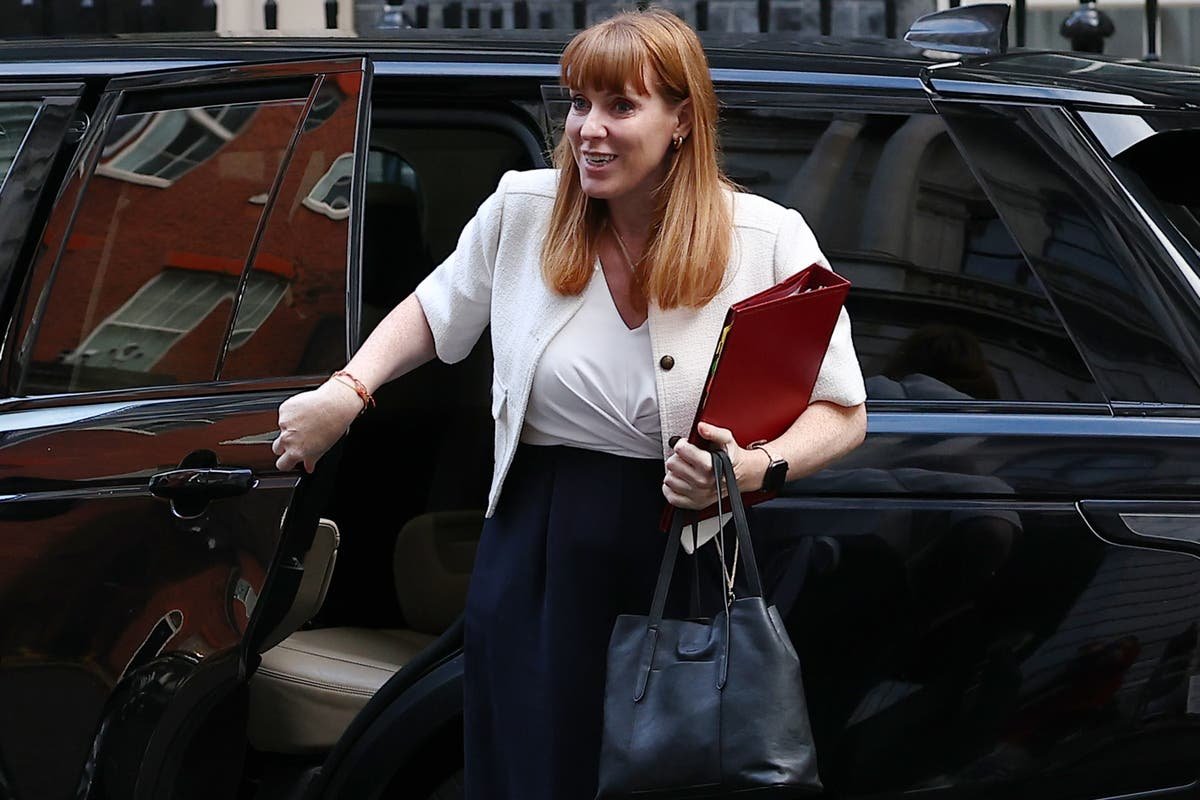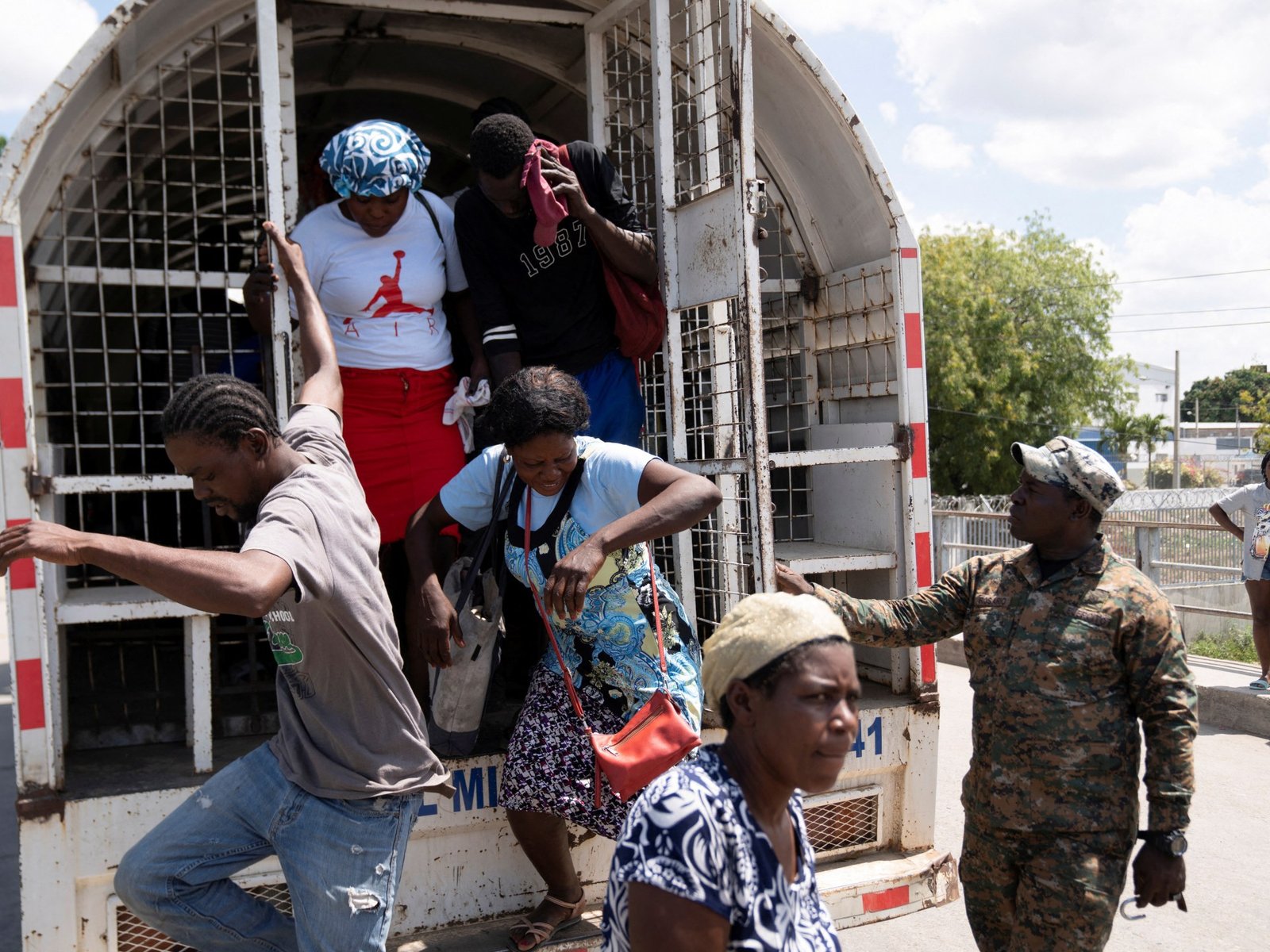Nearly 11 months into a devastating war, a serious new challenge has emerged in Gaza: polio. Now Israel, under a new round of international pressure to prevent an outbreak of the crippling childhood disease, has moved with relative speed to allow U.N. aid agencies to address it.
Starting Sunday, the Israeli military and Hamas will observe brief, staggered pauses in fighting to allow for 640,000 Gazan children to be vaccinated, officials said.
Such a vaccination drive is unprecedented in the war, and health officials warned it faced enormous challenges with much of Gaza’s infrastructure in ruins, hundreds of thousands living in temporary shelters and a history of attacks against relief workers since the fighting began last October.
Still, in the context of a conflict in which the warring sides have agreed on precious little, the agreement on the pauses came together within six weeks after the World Health Organization first said that traces of poliovirus had been found in wastewater in Gaza. Two weeks ago, a nearly year-old boy was confirmed to be Gaza’s first case of the disease in 25 years, lending urgency to U.N. calls for a vaccination campaign.
An outbreak would add to the dire humanitarian challenges facing 2.2 million Palestinians in Gaza — and would undoubtedly spur further international condemnation of Israel for the heavy wartime restrictions it has placed on the territory. The resurgence of the disease — which has been eradicated in almost all of the world — reflects the toll of Israeli bombardments that have destroyed Gaza’s waste and water systems.
It could also threaten Gaza’s neighbors, Egypt and Israel: Israeli officials were so concerned about polio spreading that they announced a week after the virus was detected that they would vaccinate their troops in Gaza against the disease.
In a sign of the global worry, Secretary of State Antony J. Blinken used a visit to Israel last week to push Prime Minister Benjamin Netanyahu to agree to the pauses in fighting, a senior U.S. official said. Mr. Netanyahu was open to brief, limited pauses, while making clear that he would not agree to a Gaza-wide cease-fire, the official said.
“I think this is a way forward,” Dr. Rik Peeperkorn, the top World Health Organization representative in Gaza, told reporters on Thursday as the agency announced the agreement on the pauses.
“Not doing anything would be really bad. We have to stop this transmission in Gaza, and we have to avoid the transmission outside Gaza.”
Israeli leaders have faced mounting international pressure to improve the humanitarian situation for Palestinians in Gaza, including from the International Criminal Court. For Mr. Netanyahu and Defense Minister Yoav Gallant, the threat is particularly acute: the court’s top prosecutor, Karim Khan, has petitioned to arrest them for war crimes, including deliberately inflicting starvation and suffering upon the people of Gaza.
Hamas has signaled its leaders see an overriding need for a pause in hostilities to allow vaccinations, even as peace talks over a permanent cease-fire remain bogged down. “We are ready to cooperate with international organizations to secure this campaign,” a Hamas official, Basem Naim, said on Thursday.
U.N. aid agencies plan to begin the massive vaccination drive across Gaza on Sunday, having persuaded Israel after nearly six weeks of warnings about the disease’s possible resurgence to pause combat operations for several hours a day in certain locations.
Israel has periodically paused fighting for humanitarian reasons during the war, including announcing that it would not attack during the daytime along a key aid route in southern Gaza to make it easier for relief convoys to move badly needed supplies into the territory. But those pauses have covered small areas and have not lasted as long as those announced Thursday.
“Israel agreed to these limited humanitarian pauses out of concern that polio can spread and to accommodate an American request,” said Michael Makovsky, president and chief executive of the Jewish Institute for National Security of America.
The vaccinations will begin around 6 a.m. Sunday in central Gaza for at least three days, and longer if needed, Dr. Peeperkorn said. When that is complete, the drive will shift to southern Gaza for three days, and later to northern Gaza for three days.
A second, booster round of immunizations will need to be given four weeks after the first dosages, and Dr. Peeperkorn said that was part of the agreement reached on Thursday. “We expect that all parties will stick to that,” he said.
The World Health Organization and UNICEF, the U.N. children’s fund, have delivered more than 1.2 million doses of polio vaccination from Indonesia to distribute to about 640,000 children in Gaza under 10 years old. Another 400,000 doses are on their way.
At least 90 percent of those children need to be vaccinated to stop the disease from spreading, Dr. Peeperkorn said.
That will take a force of about 2,100 health and community aid workers in Gaza, at some 700 medical facilities, mobile clinics and shelters. They will administer the polio vaccination during a staggered pause in military operations for nine hours a day for three days in designated areas in each of Gaza’s three main regions — north, south and central.
The agreement for the humanitarian pause was reached Thursday after days of tense negotiations with Israeli officials, who insisted that it was not a first step to a cease-fire and that fighting would not be halted across the Gaza Strip.
Some of the doses will be administered in shelters run by UNRWA, the main U.N. agency that provides aid to Palestinians in Gaza. Israel has accused UNRWA of being infiltrated by Hamas, a charge it denies.
Dr. Peeperkorn said the vaccination drive was planned in coordination with both UNRWA and COGAT, the Israeli defense ministry’s agency that oversees policy for the Palestinian territories. He also said Israeli authorities had agreed to not issue evacuation orders in the times and places that the inoculations are being administered.
Gazan health officials have reported multiple children with symptoms consistent with polio, likely the result of what UNICEF and W.H.O. officials said was severely unsanitary conditions combined with deteriorating health services across the region. The polio virus has been detected in wastewater samples in Khan Younis, in southern Gaza, and Deir al Balah, both of which have large populations of displaced Palestinians who have fled Israeli airstrikes.
The vaccination drive will come too late for a boy named Abdul Rahman Abu Al-Jidyan, who is almost a year old and living with his family in a tent in Deir al Balah in central Gaza.
He was born just before the war between Israel and Hamas began last October, and was unable to get the routine vaccinations that are given to babies, his mother said, because the family was constantly forced to move from one shelter to another to escape violence. Then, about two months ago, Abdul Rahman stopped walking and crawling.
“I found the boy vomiting, he stopped moving and had a fever,” his mother, Nivine Abu Al-Jidyan, said in an interview this week with Reuters. Exams at a hospital in Gaza and a sample sent to a lab in Jordan confirmed heath officials’ fears: He had tested positive for polio.
Michael Crowley and Aaron Boxerman contributed reporting.




